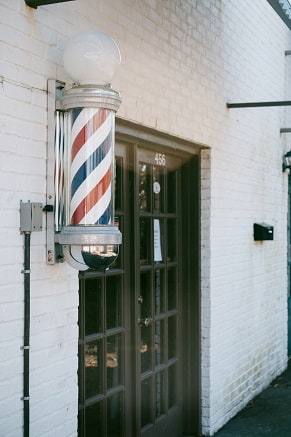How Much Did Tudor Physicians, Surgeons And Apothecaries Know About Chemistry?
In Tudor times, most people could not afford to visit the doctor and had to rely on family and friends to treat even serious conditions.
Scientific knowledge was limited, and recipes for treatments that still survive today seem to show a random and chaotic mixture of strange ingredients. Despite having a basic understanding of which plants were poisonous and which drinks were intoxicating, their chemistry knowledge was limited. Medical treatments were conducted by apothecaries, barber-surgeons or physicians, each with its own specialisation, but how much any of these professionals knew about chemistry?
Apothecaries
The equivalent to today's pharmacies, these Tudor shops sold medicinal products for patients, as well as raw materials for physicians to prepare their own recipes. Products on sale included dried herbs and other drugs, which may still have a place in herbalist shops today, but also other strange ingredients, such as mummified birds and fishes. The work of an apothecary is regarded by many as a precursor of the modern sciences chemistry and pharmacology, possibly giving rise to the interchangeable use of chemist and pharmacist as modern day terms to describe this occupation.

Surgeons And Barbers
Although needed in emergency situations, most surgeons could not survive on this profession alone, and many traded as barbers as well. Contrary to physicians, surgeons were trained by apprenticeship rather than academically, and their empirical knowledge about drugs and the human body was extremely limited.
Physicians
Finally, this group comprised those involved with medicine, but not selling in apothecaries or using surgical instruments. Physicians believed surgical procedures were the solution for various problems, but felt their position was to oversee surgeons instead of performing the operation themselves. Despite the fact that the term physician was already associated with those with higher medical education, alchemy and magic featured very heavily in daily treatments.
For example, it was widely believed that prayers and spells could alter the course of a disease and phases of the Moon were frequently used to explain why treatments failed, rather than look for a scientific explanation. To avoid this, in 1518 King Henry VIII officially started the College of Physicians of London to define medical standards and prevent the proliferation of charlatans and frauds.
Of all medical professions in Tudor times, physicians and apothecaries are probably the ones most familiar with some chemical elements and compounds and the effect they have in the body, although many of the explanations were wild and lamentably wrong.
